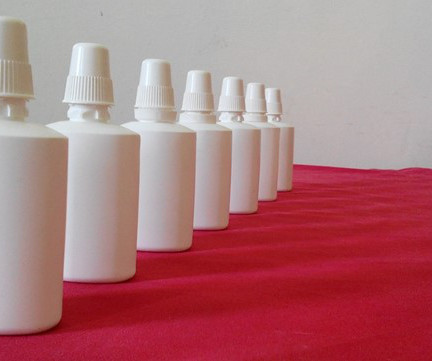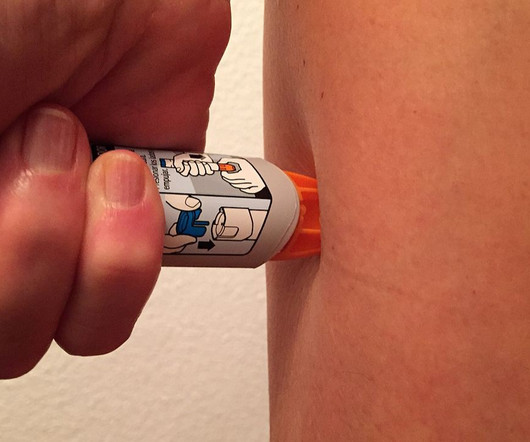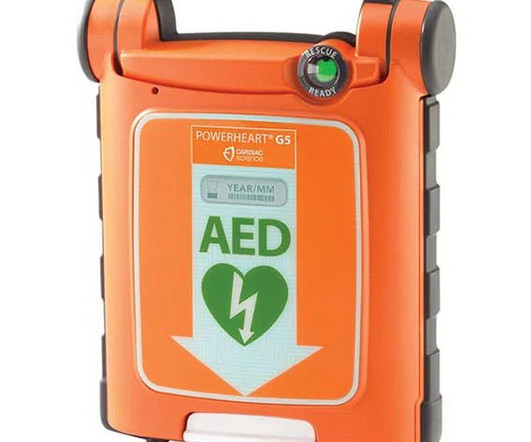Anaphylactic Shock
RebelEM
JUNE 14, 2023
Anaphylactic Shock is an acute, life-threatening hypersensitivity disorder, with a generalized, rapidly evolving, multi-systemic allergic reaction (IgE-mediated disorder). Anand Swaminathan, MD and I wrote the anaphylactic shock chapter and with Scott’s permission are publishing it here as FOAM.


















Let's personalize your content